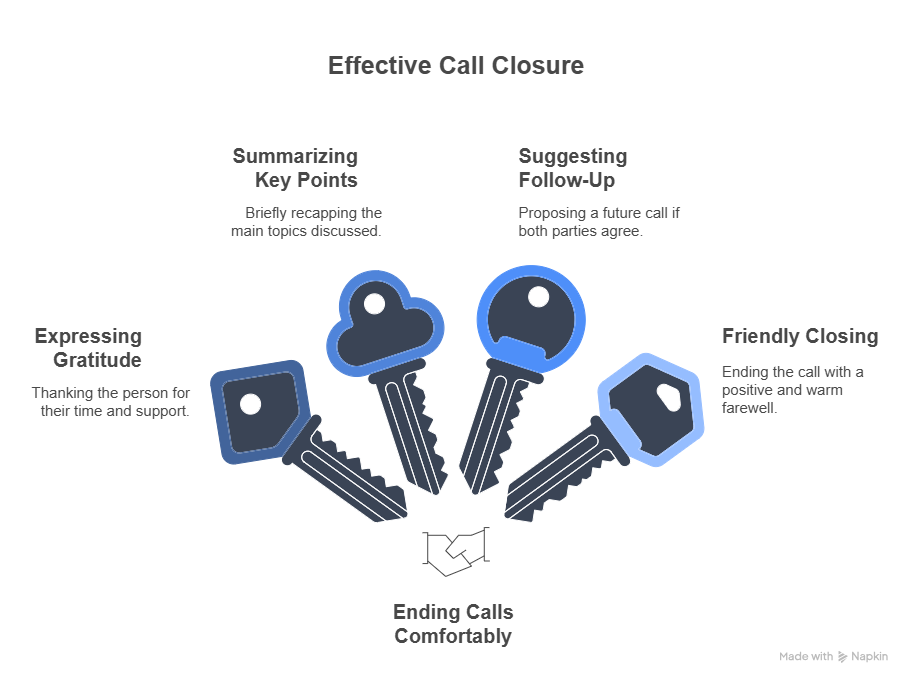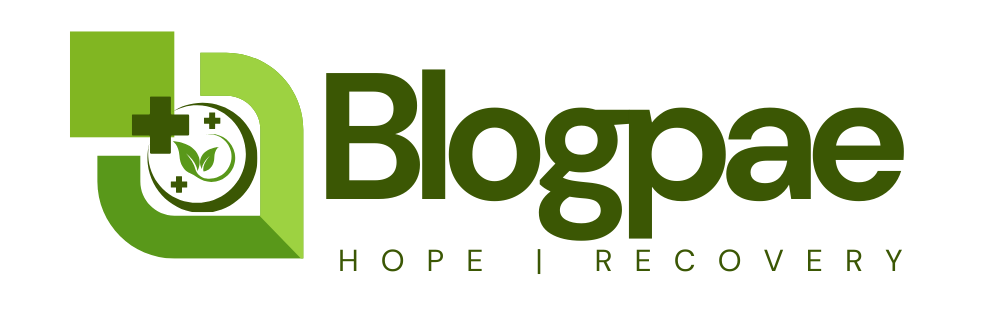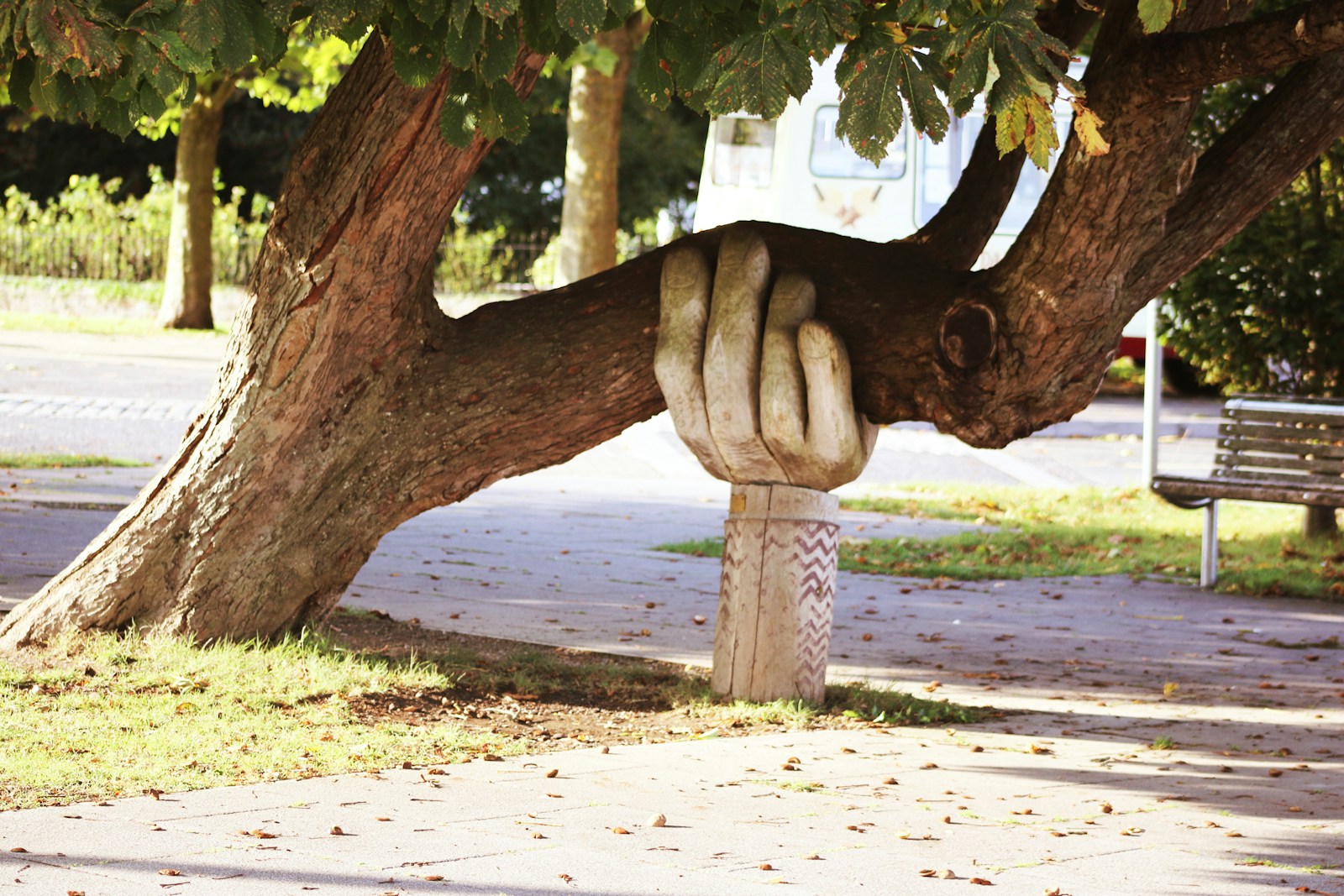Reaching out to others can be a daunting task, especially when you’re unsure about the proper mannerisms to follow. When utilizing a contact directory, it’s essential to be mindful of the impression you create.
Being considerate of others is crucial in making a positive impact. By adopting a few simple guidelines, you can navigate these interactions with confidence and poise, making the experience more enjoyable for everyone involved.
Understanding the nuances of effective communication is vital in today’s connected world. It’s not just about making contact, but doing so in a way that is respectful and considerate of others.
Key Takeaways
- Be considerate of others when making contact.
- Adopt simple guidelines for a positive impact.
- Effective communication is key to successful interactions.
- Be mindful of your mannerisms when reaching out.
- Confidence and poise can make interactions more enjoyable.
What is the NA Phone List?
The NA phone list is more than just a directory; it’s a network of support and guidance. It connects individuals who are navigating the challenges of addiction recovery with others who understand their struggles.
Narcotics Anonymous support networks play a crucial role in the recovery process. These networks provide a safe space for individuals to share their experiences, receive support, and find guidance from others who have faced similar challenges.
Understanding Narcotics Anonymous Support Networks
Narcotics Anonymous (NA) is a global, community-based organization with a presence in over 140 countries. NA’s support networks, including the phone list, are designed to provide immediate support and connection to those in need.
The Purpose and Value of Recovery Phone Lists
The recovery phone list serves as a vital resource, offering a direct link to others in recovery. Its purpose is to provide immediate support, guidance, and a sense of connection to those navigating the recovery journey. The value of this resource lies in its ability to connect individuals with others who understand their experiences, fostering a sense of community and support.
NA Phone List Etiquette: Essential Guidelines
When using the NA phone list, understanding the etiquette guidelines is crucial for effective and respectful communication. The NA phone list is a valuable resource for connecting with others who share similar experiences and challenges in recovery.
Appropriate Times to Reach Out
It’s essential to consider the timing of your calls. Reaching out during reasonable hours is a sign of respect for the other person’s time and space. Avoid calling too early in the morning or too late at night unless it’s an emergency.
Respecting Privacy and Confidentiality
Confidentiality is a cornerstone of NA. When using the phone list, it’s vital to respect the privacy of others by not sharing their contact information without their consent. Be mindful of what you share about your conversations with others.
Setting Healthy Boundaries
Establishing healthy boundaries is crucial. Be clear about what you are and aren’t comfortable discussing or doing. This helps in maintaining positive and supportive relationships within the NA community.
By following these guidelines, you can ensure that your interactions via the NA phone list are both supportive and respectful, enhancing your recovery journey.
Making Your First Call Without Anxiety
For those new to using the NA phone list, the first call can be a nerve-wracking experience. However, with some preparation and understanding of professional phone list etiquette, it can become a valuable step in your recovery journey.
Preparing What to Say
Before making the call, take a moment to reflect on your intentions. Are you reaching out for support, or perhaps to offer support to someone else? Having a clear idea of what you want to communicate can help ease anxiety.
Starting the Conversation Naturally
Start with a simple greeting and introduction. You might say, “Hello, my name is [Your Name], and I’m calling from the NA phone list.” This approach helps establish a connection and sets a friendly tone for the conversation.
What to Do If No One Answers
If your call isn’t answered, don’t be discouraged. It’s not uncommon for calls to go unanswered. You can consider trying again at a different time or leaving a message if the service allows it.
| Scenario | Action |
|---|---|
| No answer | Try calling at a different time |
| Voicemail available | Leave a brief, respectful message |
| Answered | Engage in a respectful and open conversation |
Handling Potentially Awkward Situations
Navigating the NA phone list can sometimes lead to awkward situations, but being prepared can make a significant difference. When reaching out to someone through the list, it’s essential to be mindful of the other person’s time and boundaries.
When Someone Seems Too Busy
If the person you call seems too busy or not interested in talking, it’s crucial to respect their situation. A simple acknowledgment, such as, “I understand you’re busy, and I appreciate your time,” can go a long way. It’s also helpful to have a brief message ready, allowing you to leave a concise note without imposing further on their time.
“The most important thing is to be respectful and understanding. If someone doesn’t seem receptive, graciously accept their unavailability and move on.”
Dealing with Rejection Gracefully
Not everyone may be receptive to your call, and that’s okay. Rejection is a part of any outreach effort. It’s essential to maintain a positive attitude and not take it personally. Consider the words of a seasoned NA member: “Rejection is not a reflection of your worth or the value of your message.”
| Scenario | Response |
|---|---|
| Person seems too busy | Acknowledge their time and offer a brief message |
| Rejection | Maintain a positive attitude, don’t take it personally |
| Ending a call | Express gratitude, summarize key points, and offer follow-up |
Ending Calls Comfortably
Knowing how to end a call comfortably is just as important as making the initial contact. You can do this by expressing gratitude for the person’s time, summarizing any key points discussed, and perhaps suggesting a follow-up call if both parties are agreeable. A friendly closing, such as, “Thank you for listening; I appreciate your support,” can leave a positive impression.
By being prepared for potentially awkward situations and knowing how to handle them, you can use the NA phone list more effectively and build stronger connections within your recovery community.

Building Recovery Relationships Through the Phone List
As you navigate your recovery, the NA phone list can become a vital resource for forming supportive connections. These relationships are built on mutual understanding and shared experiences, providing a foundation for lasting bonds.
To move from acquaintance to authentic connection, it’s essential to be open and honest in your interactions. Sharing your personal story and listening to others can help establish a deeper connection.
Moving from Acquaintance to Authentic Connection
Some key steps to foster authentic connections include:
- Being vulnerable and sharing your experiences
- Actively listening to others and offering support
- Following up regularly to maintain communication
Being of Service to Others
Being of service to others is a core principle in recovery. By offering support and guidance, you not only help others but also strengthen your own recovery.
Maintaining Consistent Communication
Consistency is key to maintaining healthy relationships. Regular check-ins and updates can help keep the connection strong.
By following these guidelines and practicing proper phone list etiquette, you can build meaningful and lasting relationships through the NA phone list.
Embracing Support with Respect
Using the NA phone list effectively requires a balance of seeking help and respecting others’ boundaries. By following best practices for phone list etiquette, individuals can foster meaningful connections within the North American recovery community.
Proper north american phone list etiquette is crucial for creating a supportive environment where individuals feel comfortable reaching out for help. By being mindful of the guidelines outlined, one can ensure a positive experience for both the caller and the recipient.
Applying these best practices for phone list etiquette not only enhances personal recovery journeys but also contributes to a culture of respect and understanding within Narcotics Anonymous.
FAQ
What is the proper etiquette for using the NA phone list?
The proper etiquette for using the NA phone list involves respecting the privacy and confidentiality of others, being considerate of their time, and being clear about your intentions. It’s also essential to be prepared for the conversation and to follow up with a call or message if you said you would.
How do I know when it’s an appropriate time to reach out to someone on the NA phone list?
It’s generally considered appropriate to reach out to someone on the NA phone list during times when you’re struggling with cravings or feelings of isolation, or when you need support or guidance. You can also reach out to check in and build a connection with someone who shares your recovery experience.
What should I say when I first call someone on the NA phone list?
When you first call someone on the NA phone list, it’s a good idea to introduce yourself, explain how you got their number, and state your purpose for calling. You can say something like, “Hi, my name is [Your Name], and I got your number from the NA phone list. I’m reaching out because I’m in recovery and looking for support.”
How can I maintain healthy boundaries when using the NA phone list?
When you first call someone on the NA phone list, it’s a good idea to introduce yourself, explain how you got their number, and state your purpose for calling. You can say something like, “Hi, my name is [Your Name], and I got your number from the NA phone list. I’m reaching out because I’m in recovery and looking for support.”
What if someone on the NA phone list doesn’t answer my call or respond to my message?
If someone on the NA phone list doesn’t answer your call or respond to your message, don’t take it personally and don’t keep calling or messaging. Respect their time and boundaries, and try reaching out to someone else on the list if you need support.
How can I be of service to others through the NA phone list?
You can be of service to others through the NA phone list by being available to listen, offering support and guidance, and sharing your recovery experience. Be responsive to calls and messages, and be willing to have open and honest conversations.
What are some best practices for phone list etiquette in North America?
Some best practices for phone list etiquette in North America include being respectful of others’ time and boundaries, being clear about your intentions, and being prepared for conversations. It’s also essential to maintain confidentiality and respect the anonymity of others on the list.
How can I ensure that I’m using the NA phone list effectively and respectfully?
To ensure that you’re using the NA phone list effectively and respectfully, follow the guidelines and principles outlined in the NA literature, be considerate of others, and be open to feedback and guidance from others in the recovery community.
Reference




